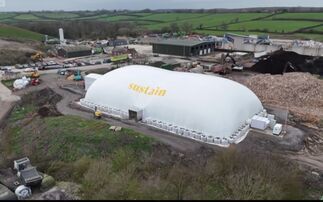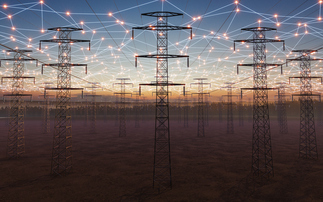Cambridge Carbon Capture Ltd (CCC) has developed a process capturing CO2 permanently by converting it to Magnesium Carbonate. The sale of this and other by-products more than offsets the cost of CO2 capture.
The process occurs at low temperature and pressure, requiring little energy. It uses cheap and widely available materials such as Olivine or Serpentine.
The process is in two stages: Stage 1 converts Olivine or Serpentine into metals such as Nickel, Chromium, Iron and rare earth materials, it also produces Amorphous Precipitated Silica, (used to manufacture car tyres) and Magnesium Hydroxide. Stage 2 converts the Magnesium Hydroxide to Magnesium Carbonate by trapping CO2.
Magnesium Carbonate can be used as a building material, it is a fire retardant and can be used to make insulation panels, bricks or plasterboard or used as a filler in concrete. Using this material in this application has the added advantage of displacing other CO2 intensive materials.
The process can be used to strip CO2 from flue gases from power generation from biofuels or fossil fuels, replacement of amine CO2 stripping technology in Oil and Gas refining and chemical industries, and the conversion of Natural Gas to Hydrogen when combined with Steam Methane Reformer (SMR) technology







